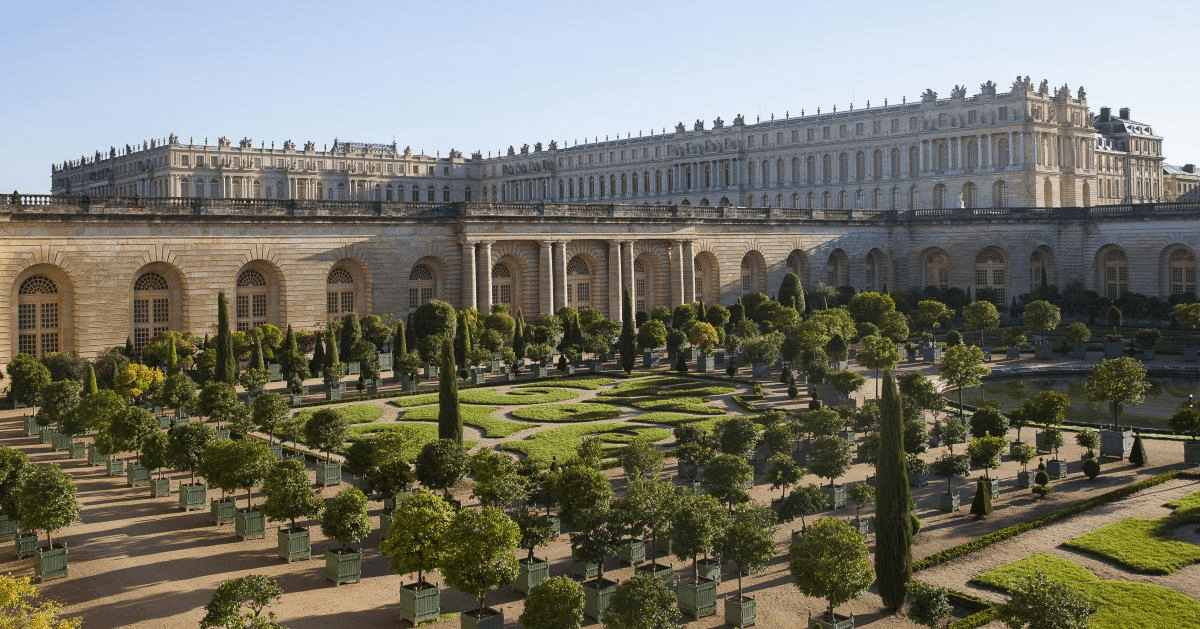The study of the earth and its features (physical, climate, resources)
Geography
This geographic feature can be a barrier to travel, protect from invasion, and isolate cultures
Mountains
The idea that absolute rulers get the power to rule directly from God
Divine Right
During the Enlightenment, reason and logic was used to improve __________ and _________ in Europe
Society and Government
A period of 100 years
Decade
The way of life of a group of people (ex. language, customs, religion, etc.0
Culture
A group of many islands surrounded by water
Archipelago
The "Sun King" of France who said "I am the state"
King Louis XIV (14th)
This type of government is supported by Enlightenment philosophers
Democracy
Artifacts, documents or photos that provide a first hand account of a historical topic
Primary Source
The sharing or mixing of 2 or more cultures
Cultural Diffusion
Land surrounded on 3 sides by water
Peninsula
English monarch who created the Church of England so he could divorce his wife to produce a male heir
King Henry VIII (8th)
The enlightenment philosopher known for the idea of individuals' "Natural Rights" of Life, Liberty and Property
John Locke
A situation that has occurred throughout time and impacted many people
Enduring Issue
The political structure of a society or culture
Government
The division of the Earth into two halves (Eastern $ Western or Northern & Southern)
Hemispheres
Built by Louis XIV to keep an eye on the Nobles
Palace of Versailles
European monarchs who ruled using some Enlightenment ideas
Enlightened Despots
Author of "The Prince" who is famous for the quote "The ends justify the means"
Nicolo Machiavelli
The way a culture uses its resources and gets the things it needs
Economy
The seven continents of Earth
North America, South America, Europe, Asia, Africa, Australia, Antarctica
This Ottoman Sultan is known for religious tolerance throughout his empire
Suleiman the Magnificent
Key ideas for each of these philosophers:
Wollenscraft _______________________
Montesquieu ______________________
Voltaire __________________________
Rousseau _________________________
Wollenscraft: Women's Rights
Montesquieu: 3 Branches of Gov/Separation of Powers
Voltaire: Freedom of Speech, Religion
Rousseau: Social Contract, General Will (people participate in Gov.)
English philosopher and supporter of Absolutism who wrote "The Leviathan"
Thomas Hobbes